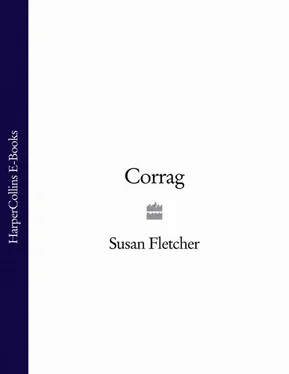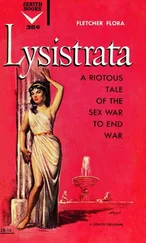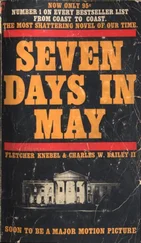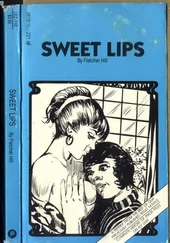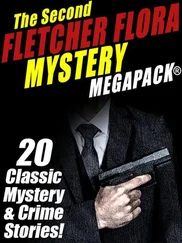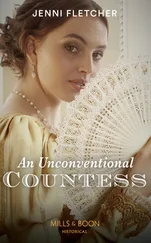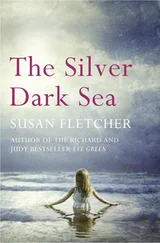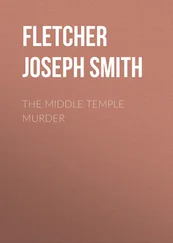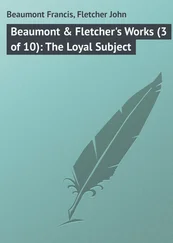Or I will think of you .
In my last, quiet moments, I will think of him beside me. How, very softly, he said you…
Some called it a dark place – like there was no goodness to be found inside those hills. But I know there was goodness. I climbed into its snowy heights. I crouched by the loch and drank from it, so my hair was in the water, and I lifted up my head to see the mist come down. On a clear, frosty night, when they said all the wolves were gone, I heard a wolf call from Bidean nam Bian. It was such a long, mournful call that I closed my eyes to hear it. It mourned its own end, I think, or ours – as if it knew. Those nights were like no other nights. The hills were very black, like they were shapes cut out of cloth, and the cloth was dark-blue, starry sky. I knew stars – but not as those stars were.
Those were its nights. And its days were clouds and rocks. Its days were paths in grass, and pulling herbs from soggy places that stained my hands and left their peaty smell on me. I was damp, peat-smelling. Deer trod their ways. I also trod them, or nestled in their hollows and felt their old deer-warmth. I saw what their black deer-eyes had seen, before my own. Those were its days – small things. Like how a river parts around a rock and joins again.
It was not dark . No.
I had to find it – darkness. I had to push rocks from their resting place, or look for it in caves. The summer nights could be so light, so full of light that I curled up like a mouse, hid my eyes beneath my hand so I might find a little dark to sleep inside. It is how I sleep, even now – tucked up.
I will think this way. When my life is ending. I will not think of musket shots or how it smelt by Achnacon. Not of bloodied things.
I will think of the end of the northern ridge. How my hair blew all about me. How I saw the glen go light and dark with clouds, or how he said you’ve changed me , as he stood by my side. I thought this is the place, as I stood there. I thought this is my place – mine, where I was meant for.
It was waiting for me, and I found it, in the end.
I was always for places. I was made for the places where people did not go – like forests, or the soft marshy ground where feet sank down and to walk there made a suck suck sound. Me as a child was often in bogs. I watched frogs, or listened to how rushes were in breezes and I liked that – how they sounded. Which is how I knew what I was.
See? Cora said, smiling.
She was for places too. She trawled her skirts over mud, and wet sand. She was brambled, and fruit-stained, and once she lived in an old waterwheel, upon its soft, green wood. She said she was lonesome there – but what choice did I have? Tell me? Not much. Some people cannot have a peopled life. We try for it. We go to markets, and say hello. We help to bring the hay in, and pick the cider apples from their bee-noisy trees, but it takes very little – a hare, or a strange moon – for hag to come. Whore. They raise an eyebrow, then. They call for ropes to bind us, so that we grow so sad and afraid for our small lives that we turn to empty places – and that makes them say hag even more. She lives on her own. Walks in shadows, I hear… But where else is safe? No towns are. All that was left for Cora was high-up parts, or sunken ones. Places of such wind that trees were bent over, and had no leaves. Normal folk did not go there, so we did – her, and I.
I’ve lived in caves, and woods. My feet have been torn up on thorns. When I crept into towns for eggs or milk they crossed themselves, spat. I know spitting. I know its sound, too, like retching, like a cat pulling up the bones of a bird it ate up whole, all sharp parts in with feathers. They hissed, we know what you are… And did they? They thought they did. In my English life, they took old truths – my snowy birth, how I liked marshy places – and pressed them into proper lies, like how they saw me lift a shoulder up and turn into a crow. I never did that.
I have lived on open land. On moors, in windy weather.
I’ve lived in a hut I made myself, with my own hands – of moss, and branches, and stone. The mountains looked down on me, as I curled up at night.
And now? Now I live here.
In a cell, with chains.
It snows. From the little window, I can see it snows. It’s been months, I think, of snowing – of bluish ice, and cold. Months of clouded breath. I blow, and see my breath roll out and I think
look. That is my life. I am still living.
I like it – snow. I always did. I was born in a sharp, hard-earth December, as the church folk sang about three wise men and a star through their chattering teeth. Cora said that the weather you are born in is yours, all your life – your own weather. You will shine brightest in snowstorms she told me. Oh yes… I believed her – for she was born in thunder, and was always stormy-eyed.
So snow and cold is mine. And I have known some winters. I’ve heard fish knock beneath their ice. I’ve seen a trapdoor freeze so it could not go bang, though they still took the man’s life away, in the end. Once, in these high Scottish passes, I made a hole in the drifts with my own hands, and crept inside, so soldiers ran past not knowing I crouched in it. This saved my life, I think. I’m a hardy thing. People die from the cold, but I haven’t. I’ve not had blue skin, not once – a man said it was the evil fire in me that kept me warm, and bind that harlot up . But it was no evil fire. I was just born in snowy weather and had to be hardy to stay living. I wanted to live, in this life. So I grew strong, and did.
Winter is an empty season, too. Safer. For who wanders out on frosty nights, or drifty white mornings? Not many, and none by choice. In my travelling days, with my grey mare and north-and-west in my head, I might see no one for days. Just us, galloping. Me and the mare, with snowflakes in our manes. And when we did see people, it was mostly desperate ones – gypsies, clawing for nuts, or broken men. Drunks. A thief or two. And foxes, running from the hunter’s gun with that look in their eyes – that wild, dread look, which I know. Once I found some people kneeling in a gloomy Scottish wood – they took Christ’s body into their mouths, and a priest was there, saying church things. I watched, and thought, why here? And at night? I did not understand. I have never understood much on God, or politics. But I know these kneeling folk were Covenanters, which is a gunpowder word. They could be killed, for praying – which is why they did it in woods, at night.
And I passed a lone girl, once. She was my age, or less. We met in some Lowland trees, in the early hours, and we slowed, brushed hands. We looked on each other for a moment or two, with be careful in our eyes – be safe, and wise. For who else is as hated as we are? Who is more lonesome, than ones called witch? Briefly, we both had a friend. But we were hunted creatures – her, the fox and I. So I took the path she had come by, and she took my old path.
Witch . Like a shadow, it is never far.
There are other names, too – hag, and whore. Wicked piece. Harlot is common, also, and such names are too cruel to tie upon a dog – but they’ve been tied, easily, on me. I drag them. Vile matter once, like I was a fluid hawked up in the street – like I was not even human. I cried after that. In the market, once, Cora was Devil’s hole .
But witch…
The oldest name. The worst. I know its thick, mud-weight. I know the mouth’s shape when it says it. I reckon it’s the most hated word of all – more hated than Highland , or Papist is. Some won’t say William like it’s poison – I know many people don’t want him to be King. But he is King, for now. And I was always witch.
Читать дальше
